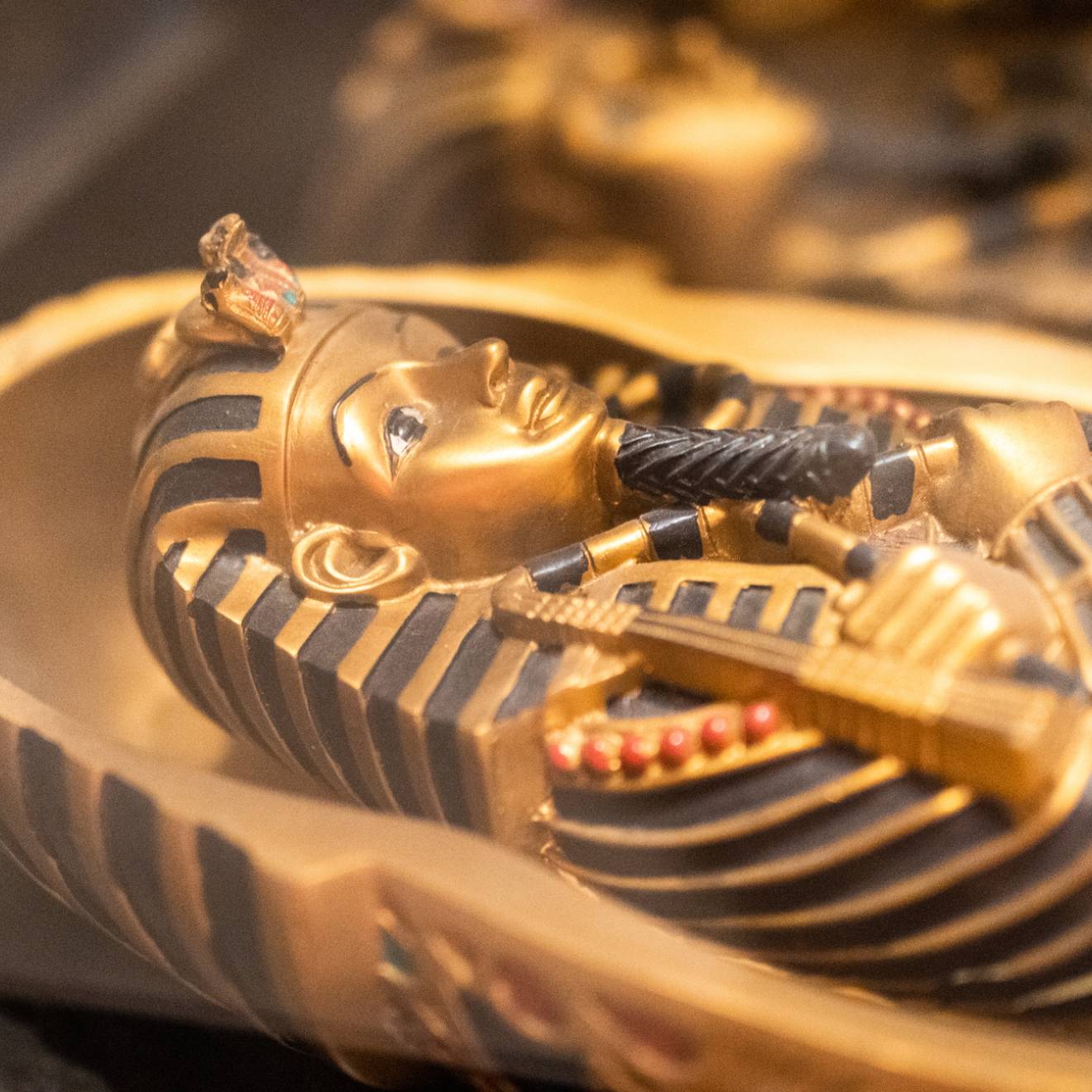Dawn Setzer, UCLA
LOS ANGELES — William Mulholland's famous words at the opening of the Los Angeles Aqueduct in 1913 — "There it is — take it" — capped an extraordinary engineering achievement and launched an explosion of growth and a century of controversy.
Celebrating these multiple legacies, the UCLA Library has created the Los Angeles Aqueduct Digital Platform, an innovative resource that provides public access to archival material, new scholarship and interactive experiences relating to the aqueduct.
"It is my honor to make this extraordinary new resource available to UCLA students and faculty, residents of Southern California and scholars around the world," said UCLA University Librarian Ginny Steel. "Creating a resource to fully explore such a transformative event in Los Angeles history required an equally innovative platform, and we are grateful to our funder and our partners for their invaluable contributions."
Scheduled for launch on the aqueduct's Nov. 5 centennial, the platform is accessible at http://digital.library.ucla.edu/aqueduct. Users will find almost 2,000 digitized photographs, documents, maps, pamphlets and other archival resources from UCLA Library Special Collections. The platform also offers social and cultural engagement space in which scholars, students and members of the public can share research and work with primary sources as a community.
"The 100th anniversary of the Los Angeles Aqueduct is not just an important opportunity to reflect on our history, it is also proving to be an important turning point in how we think about and manage water for the next century," said Jon Christensen, adjunct assistant professor of history, journalist-in-residence and senior researcher at the UCLA Institute of the Environment and Sustainability. "By opening up the archives to students, scholars and the public through new digital technologies, this platform is putting at our fingertips the primary sources we need to understand our past, think creatively about the present and tell new stories about water, the environment and the city in the future."
Original research projects were produced for the platform by graduate students in the UCLA Library's Center for Primary Research and Training. They include a series of narrative essays paired with archival photographs, created by a doctoral candidate in cinema studies, and a community-sourced poetry project involving renowned Californian poets, writers and artists, developed by a student in the English doctoral program.
New digital content will be added in the coming months from institutional partners — the Braun Research Library at the Autry National Center; Special Collections in the Honnold/Mudd Library at the Claremont Colleges and the Claremont Colleges Digital Library; the Oviatt Library at California State University Northridge; the Eastern California Museum; the William H. Hannon Library at Loyola Marymount University; and the UC Riverside Libraries Water Resources Collections and Archives.
The Los Angeles Aqueduct Digital Platform was made possible through a partnership with Lauren Bon and Metabolic Studio. The practice of Bon and her team focuses on paradigm shifts, producing devices of wonder to create the potential for transforming social, political and physical brownfields into healthy and productive living systems.

